In the heart of Texas, securing your legacy and ensuring your loved ones are taken care of is paramount. This is where experienced wills and estate planning attorneys in Texas step in. They provide the guidance needed to navigate the complexities of estate law. This comprehensive guide will delve deeper into how you can create a robust estate plan in Texas.
Imagine this:
You’ve just discovered a long-lost treasure map in your attic. But instead of leading to gold, it guides you through the twists and turns of Texas estate planning. Sounds thrilling, right? Well, maybe not at first glance, but stick with us! This guide is your compass to navigating the landscape of wills and estate planning attorneys in Texas, ensuring your legacy isn’t left to the mercy of the wild winds of fate.
Why should you keep reading about wills and estate planning attorneys in Texas?
Because we’re about to demystify the complex world of estate planning with a touch of Texas charm. Whether you’re a Lone Star native or a newcomer, understanding how to secure your assets and wishes is crucial. And let’s be honest, who doesn’t love a good story about safeguarding their treasures for future generations?
In short
This blog is your ultimate guide to estate planning in Texas, designed to make you feel like a legal expert by the end! So, grab a cup of coffee, settle in, and let’s embark on this journey together. You’ll discover the importance of creating a will, the ins and outs of Texas laws, and how to find the perfect attorney to partner with. Trust us, it’s an adventure worth taking.
Basics of Estate Planning in Texas
Every Texan should consider estate planning an essential part of life planning. It’s more than just distributing assets; it’s about peace of mind. Estate planning ensures your wishes are respected. It covers decisions on guardianship, asset distribution, and healthcare directives. Without a proper plan, you leave these decisions to Texas courts.

Creating a Will in Texas
The cornerstone of estate planning is creating a will. This document specifies your wishes for after you’re gone. In Texas, the process is clear but requires attention to detail. A valid will must be in writing, signed, and witnessed by two people. Notarization is not mandatory but recommended. A “holographic will,” entirely in your handwriting, is also valid. It’s a personal touch that speaks directly from you to your loved ones.
Texas Laws on Wills and Estate Planning
Texas law is designed to honor your wishes, provided they’re legally documented. Recent legal shifts, especially in digital asset management, highlight the evolving nature of estate planning. For example, digital assets like social media or cryptocurrency accounts are now considered. Keeping abreast of these changes is critical. That’s where a skilled attorney can be invaluable.

Probate Process in Texas
The probate process can intimidate many, but it’s a fundamental part of estate planning. In Texas, probate validates your will and ensures assets are distributed as intended. Some estates qualify for “independent administration,” a streamlined process. This option significantly reduces time and expense. Understanding your probate options is crucial. It can make the difference between a smooth transition and a drawn-out legal process.
Trusts and Estate Planning in Texas
Trusts are a versatile tool in estate planning, offering control over your assets beyond your lifetime. Texas recognizes several types, each serving different purposes. Living trusts, for instance, help avoid probate. Special needs trusts protect the interests of beneficiaries with disabilities. Setting up a trust requires careful planning and legal knowledge. It’s a testament to your foresight and care for your beneficiaries.
Estate Taxes in Texas
Texas does not impose a state estate tax, a relief for many. However, federal estate taxes still loom for estates exceeding certain thresholds. Strategic planning can mitigate these taxes. Techniques include annual gifting and trusts. These strategies not only minimize taxes but also allow for a more direct and meaningful distribution of your legacy.
Choosing an Estate Planning Attorney in Texas
The right estate planning attorney is not just a legal advisor but a trusted confidant. Look for an attorney with deep expertise in Texas law. They should listen to your goals and craft a plan that reflects your wishes. Experience, empathy, and a detailed approach are key. Your attorney will guide you through this complex process, ensuring your legacy is secure.
| Consideration | Why It’s Important |
| Experience | Experienced attorneys understand Texas law intricacies and can navigate complex estate planning scenarios. |
| Rapport | A good personal fit ensures open communication and trust, crucial for sensitive estate planning discussions. |
| Specialization | Attorneys specializing in estate planning offer more nuanced advice tailored to your unique situation. |
| Approach to Planning | Their approach should align with your values and goals, whether you’re looking for simplicity or complex asset protection. |
| Client Reviews/Testimonials | Feedback from past clients can provide insights into the attorney’s effectiveness and client service quality. |
| Accessibility | Your attorney should be easily reachable and responsive to your questions and concerns throughout the planning process. |
| Fees | Understanding how an attorney charges (flat fee vs. hourly) can help you manage your budget for estate planning. |
Guardianship and Estate Planning
Choosing a guardian for your children is perhaps the most heart-wrenching decision in estate planning. In Texas, your will can specify a guardian, ensuring your children are cared for by someone you trust. Without such designation, the courts decide, possibly against your wishes. Discussing guardianship options with an attorney ensures your children’s future is in safe hands.

Estate Planning for Business Owners in Texas
For business owners, estate planning carries additional weight. It’s about securing your business’s future and your family’s livelihood. Texas law offers several paths, including buy-sell agreements and succession plans. These ensure smooth transitions, protecting your business and providing for your loved ones. Consulting with an attorney skilled in business estate planning is essential.

In Summary: Wills and Estate Planning Attorneys in Texas
Estate planning is a profound gesture of care and responsibility. It ensures your legacy and provides for your loved ones. In Texas, with its unique legal landscape, navigating estate planning requires skill and knowledge. Wills and estate planning attorneys in Texas play a crucial role. They provide the expertise needed to craft a plan that meets your specific needs. Whether you’re drafting a will, setting up a trust, or planning for your business’s future, the right attorney makes all the difference. Start your estate planning journey today. It’s a step towards peace of mind and securing your legacy for generations to come.
And just like that, we’ve crossed the vast prairies of estate planning in Texas together, armed with knowledge and a few laughs along the way. Remember how we started with that treasure map? Well, consider yourself now holding a chest brimming with the golden wisdom of wills and estate planning, ready to conquer any legal squalls that come your way.
Why keep this chest of knowledge all to yourself?
Share it with friends and family, or even that neighbor who’s convinced they’ll live forever. Because, let’s face it, being prepared is the true Texas way – bold, wise, and a tad bit heroic.
In short, this blog has given you the lowdown on securing your legacy in Texas, and why it’s something you can’t afford to overlook. With the right wills and estate planning attorney by your side, you’re not just planning for the future; you’re ensuring your story lives on, just as you intended.
So, tip your hat to the adventure of estate planning. It’s one of the most meaningful journeys you’ll ever take. Yeehaw to that, partner!

Other Related Articles:
- Estate Planning and Asset Distribution: Key Considerations
- What Does Estate Planning for First Responders and Military Look Like Compared to Civilians?
- Estate Planning For Texas Ranch Owners: How To Protect Your Property and Legacy
- Understanding the Basics Of Estate Planning In Texas
- Charitable Giving In Texas Estate Planning: Tax Benefits and Options
- Harmonizing Family and Finances: Blended Family Estate Planning in Texas
- Immigration and Estate Planning: why it should matter to You and your family
- The Role of a Texas Estate Planning Attorney in Probate and Estate Planning
- Trusts in Texas Estate Planning: When and How To Use Them
- Same-Sex Marriage and Its Relationship to Estate Planning and Family Law in Texas
Frequently Asked Questions:
The cost can vary widely based on complexity and the lawyer’s rates, typically ranging from $200 to $1,000.
An estate planning attorney or a lawyer specialized in wills and trusts is best suited for creating a will.
Fees can vary based on the transaction’s complexity, with hourly rates ranging from $150 to $500.
While not legally required, consulting a lawyer ensures the will complies with Texas laws and fully protects your interests.








